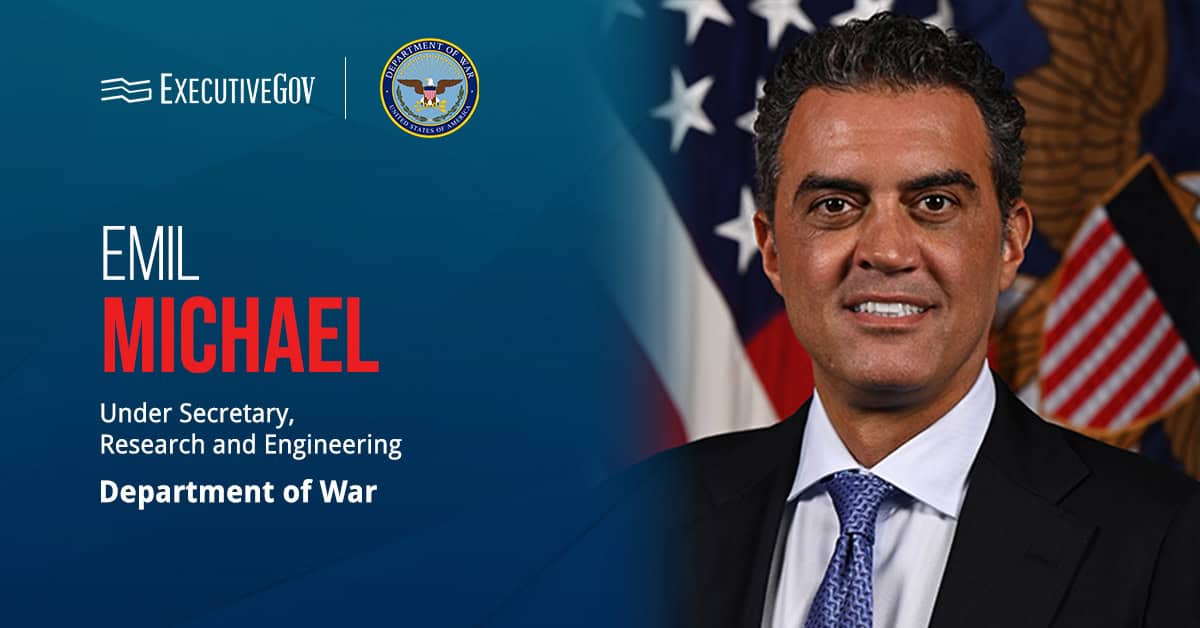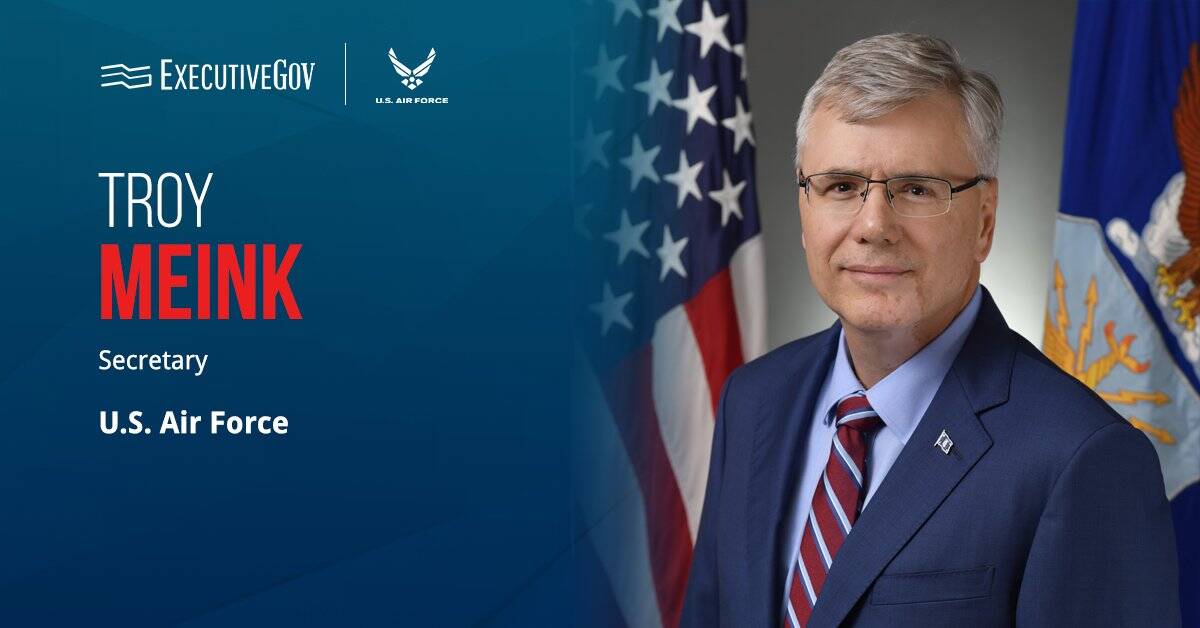 Holly Ridings, a flight director at NASA, has been named the space agency’s chief flight director, succeeding Norman Knight who now serves as deputy director of flight operations.
Holly Ridings, a flight director at NASA, has been named the space agency’s chief flight director, succeeding Norman Knight who now serves as deputy director of flight operations.
In Ridings’ new role, she will oversee 32 flight directors who manage spaceflight missions with the International Space Station from Johnson Space Center, NASA said Tuesday.
These missions will include operations involving the Orion, as well as commercial spacecraft integration with the ISS.
Ridings began work as a NASA flight director in 2005 and has since led a range of missions including a Space Shuttle Program operation in 2009 and the SpaceX Dragon‘s first trip to the ISS in 2012.





